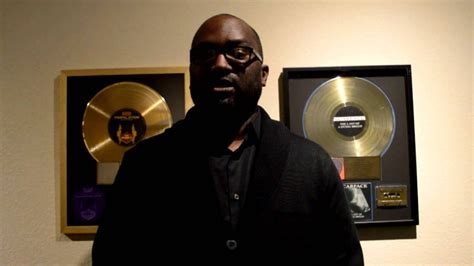A Quote by Anne Tyler
Reading any piece of writing aloud is an acid test, particularly when it comes to dialogue. There were writers I'd always admired who suddenly rang false when I spoke their words in our living room.
Related Quotes
I was never a prisoner of any theory. What guided me were reason and reality. The acid test I applied to every theory or scheme was: Would it work? The acid test is in performance, not promises. It is not from weakness that one commands respect. As long as the leaders take care of their people, they will obey the leaders.
Finally he spoke the three simple words that no amount of bad art or bad faith can every quite cheapen. She repeated them, with exactly the same slight emphasis on the second word, as though she were the one to say them first. He had no religious belief, but it was impossible not to think of an invisible presence or witness in the room, and that these words spoken aloud were like signatures on an unseen contract.
I was always very curious as a young man about why older writers who I met seemed so indifferent to what was going on, whereas I, in my 20s, was reading everything. Everything seemed important. But they were only interested in the writers they admired when they were young, and I didn't understand it then, but now, now I understand it.
I was always aware, reading Chesterton, that there was someone writing this who rejoiced in words, who deployed them on the page as an artist deploys his paints upon his palette. Behind every Chesterton sentence there was someone painting with words, and it seemed to me that at the end of any particularly good sentence or any perfectly-put paradox, you could hear the author, somewhere behind the scenes, giggling with delight.






































